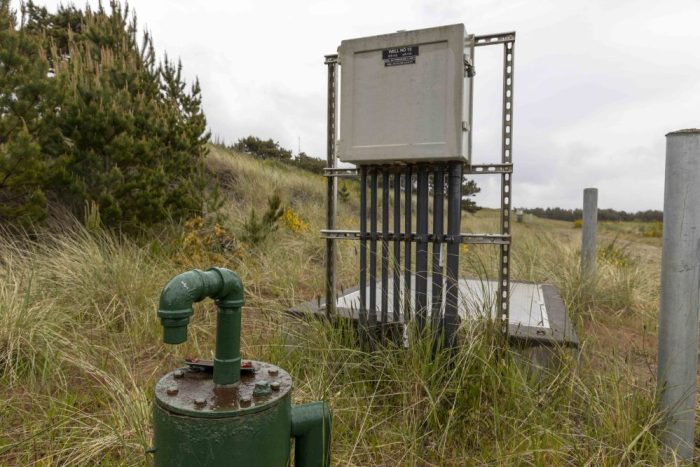City revisits itinerant merchant regulations
Published 4:39 am Friday, July 10, 2015
Seaside Signal
The city of Seaside is exploring a new method for making Seaside less appealing to panhandlers: requiring them to apply for a $50-per-day itinerant merchant permit in order to solicit in public.
More than 30 years since the adoption of an ordinance regarding itinerant merchants, the city is en route to updating the ordinance to make it more “permissive,” which means the city would allow certain activities as long they conform to regulations, City Manager Mark Winstanley said.
At a meeting June 22, the Seaside City Council discussed an ordinance that regulates the buying and selling of merchandise “by individuals that do not have a fixed location,” Winstanley said. The ordinance went into effect in 1984 and has had significant changes since then.
In 1984, Winstanley said, “We could say, ‘No, you don’t get to do certain activities,’” but today, it is more difficult for municipalities to ban people from doing things that are not illegal or unconstitutional. The itinerant merchants license ordinance “was a concern for us, because it was a restrictive ordinance, so we rewrote it to be permissive,” he said.
The definition of an itinerant merchant in the code applies to “a person occupying a temporary fixed location, who promotes, solicits or sells from stock or inventory on hand or displays samples and solicits orders for merchandise in stock.” The amendment seeks to expand the definition to include any person offering a service, entertainment or nothing, in return for compensation.
Currently the ordinance entirely bans begging or soliciting on the streets or in any public place, the amendment to the itinerant merchant regulation would allow that activity — as long as the individual has obtained a permit. The fees remain unchanged: $50 per day or a maximum of $1,000 in a calendar year.
Many municipalities’ laws restricting or disallowing panhandling or begging have come under scrutiny as being unconstitutional in the past few years.
“It’s one of the things that has changed,” Winstanley said, adding it has put police officers in a difficult position when it comes to enforcement. With the amendment, he said, “We’re telling them that that would be OK, but you just have to follow the rules.”
The amendment also would change the definition of temporary fixed location to “any business location, public or private.”
The amendment also prohibits services from 10 p.m. to 8 a.m., when all merchandise and ancillary equipment must be enclosed within a permanent commercial structure or removed from the temporary fixed location.
“We also wanted to make sure there was an understanding that itinerant merchants could only work during what’s basically the daytime hours,” Winstanley said.
Councilor Tita Montero said she liked the change because sometimes entertainment can cause a disturbance during nighttime hours.
The penalty for violating the ordinance is $500, but the amendment seeks to increase the penalty to $700.
Finally, the amendment adds a new exception: “The city reserves the right to limit licensing in heavily congested areas during periods of extreme crowding to protect the safety and security of both merchants and customers.”
There are certain times during the year — such as Fourth of July or during the Hood to Coast Relays — that are not appropriate for people to be selling or soliciting as itinerant merchants because of congestion and other safety concerns, Winstanley said.
“There’s just too much activity in the downtown core area, which is where we see the majority of itinerant merchants,” he added.
The ordinance does not apply to garage sales or farmers markets, which are licensed under a different ordinance.
The ordinance is slated for possible adoption at the council’s meeting Monday.





